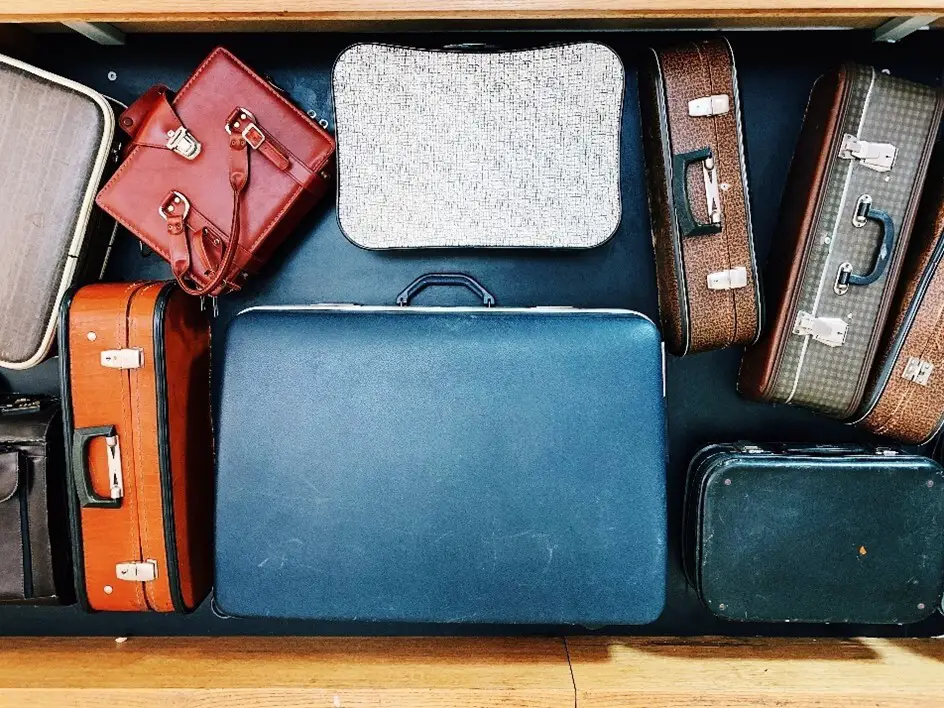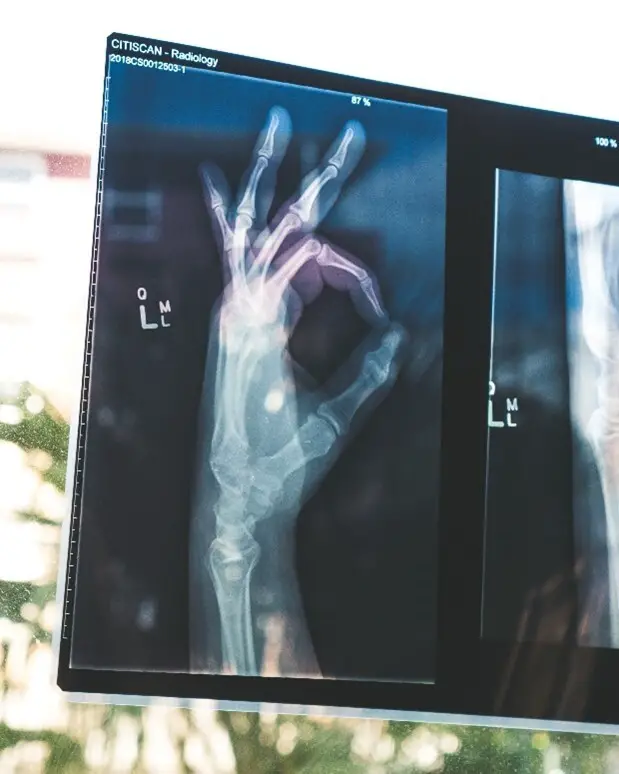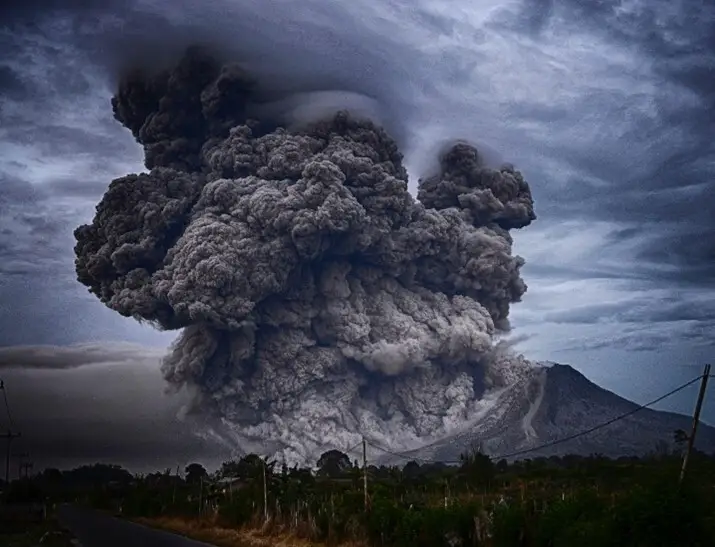While the thought of travelling to a new destination may be exciting, it’s important to consider the potential risks involved.
What if your flight gets cancelled, or you get sick while travelling? What if your baggage gets lost, or you need emergency evacuation? These are just some of the unexpected events that can happen while travelling, which is why you need travel insurance.
In this article, we analyse the most important cover you need for your next trip. We explain what comprises travel insurance, how to choose the right policy, and how to use it effectively.
So, prepare to learn everything you need to know about travel insurance.
What is Travel Insurance?

Every traveller has a story to tell of luggage lost or stolen, emergency visits to foreign hospitals or a trip cancelled at the last minute. It can be scary and frustrating, and without the right travel insurance, it can also be devastating to your finances.
So, what is travel insurance and what is the most important cover?
Travel insurance in a nutshell.
Travel insurance provides financial reimbursement for loss of money and possessions, as well as for medical expenses incurred during a trip. It is designed to protect travellers from events such as:
- flight cancellations,
- delays,
- medical emergencies,
- accidents, and
- other unforeseen circumstances.
Types of travel insurance policies
Before travelling, learn what kind of travel insurance policy is best suited to your needs. Some of the most important insurance cover includes:
Trip cancellation or interruption
Protection against financial losses that may arise if a trip is delayed, cancelled or cut short due to unexpected circumstances. The cover pays or helps to pay the costs of prepaid travel expenses, such as flights, hotels, and tours, which may be non-refundable or subject to cancellation fees.
Medical expense
Covers possible medical expenses while travelling, including emergency medical treatment, and hospitalisation. This type of insurance can be particularly important for travellers who are visiting countries with high medical costs.
Emergency evacuation
Covers emergency evacuation expenses such as helicopter airlifts and medically equipped flights home. This can be essential when visiting countries with limited medical facilities.
Baggage Cover
Reimburses for the cost of lost, stolen, or damaged baggage and personal belongings while travelling.
Accidental death and dismemberment cover
This kind of insurance offers payouts for accidental death or dismemberment that may occur while travelling.
Understanding the Cover provided by Travel Insurance policies.
It is important to review the policy and understand what it covers before purchasing travel insurance. By doing this you can ensure it meets your specific needs and requirements.
Insurance policies designed for longer-term travel, often called long-stay insurance, can provide coverage for extended periods of continuous travel. Be sure to check for the maximum duration allowed before buying.
If you are planning to relocate to a different country for work, study, or to live, you may be required to have medical insurance to obtain a visa.
Why you need Travel Insurance.
You need Travel insurance because it provides financial protection and peace of mind. It safeguards against potential problems, accidents or medical emergencies that can occur while travelling.
Travel insurance is particularly important for:
- International travel.
- Complex itineraries.
- Trips that include multiple stops.
- Expensive trips.
- Adventure travel, which carries greater risk of physical danger.
Risks of travelling without insurance
Travelling without insurance can result in serious financial loss. Travel insurance is a means of protecting yourself and your family against unexpected events.
Unexpected events can occur while travelling.
One of the greatest concerns travellers have, and for good reason, is having a trip cancelled at the last minute. You have paid for the flight, hotels, cruise, tour packages and often more. Yet, many of the costs are non-refundable.
Injury, natural or financial disasters, even an epidemic or worse, a pandemic, are just a few of the unforeseen events that can occur while travelling. The disruption to travellers when Covid19 hit the world in 2020 should be enough to send any traveller running to the nearest insurance company before boarding the plane.
Financial implications of having no travel insurance.
The financial implications of having no travel insurance can be considerable. In some cases, the costs of unexpected events can be so high that they result in long-term debt or even bankruptcy.
Financial implications of travelling without insurance include:
Medical expenses:
If you don’t have insurance, you’ll be required to cover all medical expenses using your own funds, which can become costly, especially if you need to be hospitalised or require medical evacuation.
Trip cancellations or interruptions:
In the case of having to cancel or interrupt your trip, you are faced with non-refundable expenses such as flights and accommodation.
Lost or stolen baggage:
If your luggage is lost or stolen, there is the expense of replacing the missing items.
Natural disasters or other emergencies:
If your trip is affected by a natural disaster, such as an earthquake, volcanic eruption or other emergencies, you may be responsible for the costs associated with changing your travel plans or returning home.
Photo: Yosh Ginsu/Unsplash. Volcano ash cloud
How to Choose the Right Travel Insurance Policy
Choosing the right travel insurance policy can be overwhelming, but it is crucial to make sure you have sufficient cover while travelling.
Factors to consider when selecting a policy.
There are several factors to consider when selecting a policy:
- Be sure to examine the terms and conditions of any insurance you may already have, such as home, car or health insurance.
- Some credit cards offer various types of insurance such as travel, rental car, purchase protection and more. These benefits are usually tied to using the card to pay for the related purchase or transaction.
- The type of travel insurance policy you need will depend on the length of your trip, your destination, and the kinds of activities you choose to do. Decide what coverage you need based on the specifics of your trip.
- Learn more about what you should know when comparing travel insurance deductibles. You may find yourself paying more for out-of-pocket expenses in the event of a claim.
- Look for exclusions that some policies may have, such as:
- High risk destinations – war, acts of terrorism, political upheavals…
- Adventure sports – skydiving, cliff camping, white water rafting…
- Losses or injuries caused intentionally
- Losses or injuries caused during illegal activities
- Alcohol or drug-related activities
- Pre-existing health or mental health conditions
- Natural disasters
- Finally, it’s always a good idea to research the reputation of the insurance provider when choosing. Online reviews and customer service track records can offer information and peace of mind.
Tips when comparing different policies.
- Compare the benefits and costs of different policies by examining what they cover or exclude.
- Healthcare costs can vary significantly between countries, so look for policies that offer a high cover limit for medical expenses.
- Policies that offer a – cancel for any reason – option will reimburse you for non-refundable expenses.
- Check to see if the policy includes cover for pre-existing medical conditions, if applicable.
- Policies that include 24/7 travel assistance services can provide help in the event of an emergency.
Things to look for in the fine print.
Many of us tend to skip the fine print believing it to be unimportant. However, it’s better to take the extra time to ensure that you have fully understood what is and what is not covered.
Check list – A few final questions:
- Does the insurance cover public or private hospitals?
- Does the policy include out-of-network medical providers or only in-network providers?
- Are there any restrictions, limitations or exclusions for certain activities or types of expenses?
- Have I met all the conditions necessary to be eligible for cover, such as pre-trip medical exams?
- Have I reviewed the claims process and any documentation I need in the event of a claim?
Buying Travel Insurance

When to buy travel insurance depends on your individual circumstances and the specifics of your trip.
However, it is advisable to purchase travel insurance as soon as possible after booking your trip. This will safeguard you from any unforeseen events that may occur before you depart.
How long should a policy be effective.
Consider the length of your trip when purchasing travel insurance and any additional travel you may be doing before or after your main trip. Make sure that your policy is effective for the entire duration of your travel, including any layovers or stopovers.
If you are travelling for an extended period, it may be more cost-effective to purchase an annual policy rather than a single trip policy.
What to do if plans change after buying travel insurance
If your plans change after you have bought travel insurance, there may be an option to make changes to your policy or even cancel it and get a refund. Contact your insurance provider as soon as possible to discuss your options and any applicable fees or restrictions.
Using Travel Insurance
Knowing how to use your travel insurance is important to ensure that you are protected in case of an emergency while traveling.
Always keep your insurance policy details with you, including the policy number and the telephone number of the insurer’s emergency assistance. Be sure to inform friends and family of the details of the policy in case they need to contact the insurer on your behalf. Carry a copy at all times.
Dealing with emergencies.
Being prepared in the case of an unexpected event or emergency will make all the difference between a memorable experience and a vacation nightmare.
- Many travel insurance policies include 24/7 assistance services to help you navigate uncertain situations, so contact your travel insurance provider immediately in case of an emergency.
- Keep a paper trail. This involves keeping all receipts and documentation related to your emergency expenses. This will be necessary when filing a claim.
- If you require medical treatment, be sure to follow the instructions provided by your insurance provider.
- In case of theft or loss of personal belongings, report the incident to the local authorities within 24 hours and keep a copy of the police report.
- If you need to be evacuated, follow the instructions provided by your insurance provider and keep them updated on your situation.
How to file a claim
If you have to claim on the insurance, file it as soon as possible. Don’t delay. This will help to avoid any unnecessary hold-ups or complications.
Essential steps to remember
- Immediately contact your insurance provider and ask them to send you the claim forms, preferably by email. Better still take them with you.
- Check you are making a claim within the agreed time limit and that you are covered for what you claim.
- Provide all the documentation such as receipts, medical reports, police reports, and any other relevant information. This will help speed up the process.
- Fill out and file the claim as soon as possible and keep a copy for yourself.
- Once the claim has been submitted, follow up with your insurance provider to confirm that your claim has been received and is being processed.
Common mistakes to avoid.
Mistakes when using travel insurance can cost you time, money, and frustration. Avoid them by understanding the process before you leave.
It’s boring, I hear you say. Whereas the trip itinerary is exciting. Washing the dishes is even more boring, but who wants to eat off dirty plates?
Here are some common mistakes you can avoid:
- Failing to understand the cover limits and exclusions of your policy.
- Not declaring pre-existing conditions. Failing to do so may invalidate the insurance claim.
- Delaying or not contacting your insurance provider in case of an emergency.
- Forgetting to keep documentation and receipts related to emergency expenses.
- Neglecting to follow the instructions provided by your insurance provider.
Photo: Natalya Zaritskaya/Unsplash. Summer in Paphos.
Final Thoughts
If you are still reading you should be convinced you need a travel insurance policy. Don’t let unforeseen events ruin your trip.
Travel insurance is the safety net you need to protect yourself and your finances. From medical coverage to emergency evacuation and trip cancellation, the right travel insurance policy can provide peace of mind and financial security in case of unexpected events.
Do you think the circus trapeze artist leaves the safety net check to the lion tamer?
Remember to choose the right policy, understand the coverage, and know how to use it effectively. With travel insurance, you can focus on exploring new destinations, trying new foods, and making unforgettable memories, knowing that you have the most important cover you need.
So go ahead and plan that next adventure, with the confidence that comes with being protected by travel insurance.
Bon voyage.
FAQs
Q1. What is travel insurance?
A1. Travel insurance is a policy that provides cover for specific losses or expenses incurred while travelling. The cover depends on the type of policy you purchase, and it can include medical expenses, trip cancellations, baggage loss, emergency evacuation, and accidental death.
Q2. Why is travel insurance important?
A2. Travel insurance is essential because it provides financial protection in case of unexpected events while traveling. It can cover costs related to medical emergencies, trip cancellations, lost or stolen luggage, and emergency evacuation, among others.
Q3. How do I choose the right travel insurance policy?
A3. To choose the right travel insurance policy, consider factors such as the type of trip you’re taking, your budget, and the level of coverage you need. It’s important to compare different policies and read the fine print to understand the coverage and exclusions. And don’t forget to research the bona fides of the insurance company.
Q4. When should I purchase travel insurance?
A4. We recommend you purchase travel insurance as soon as you book your trip. This ensures that you’re covered for any unforeseen circumstances that might arise before your trip. You can also purchase insurance closer to your departure date, but it’s important to do it before any cancellation deadlines.
Q5. How do I use my travel insurance in case of an emergency?
A5. In case of an emergency while traveling, contact your travel insurance provider as soon as possible. They will provide instructions on what to do next and guide you through the process of filing a claim. It’s important to keep all relevant documents and receipts to support your claim.



